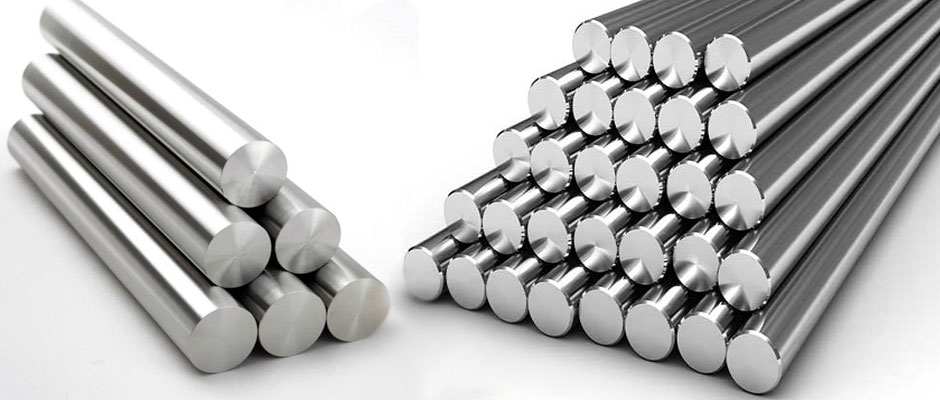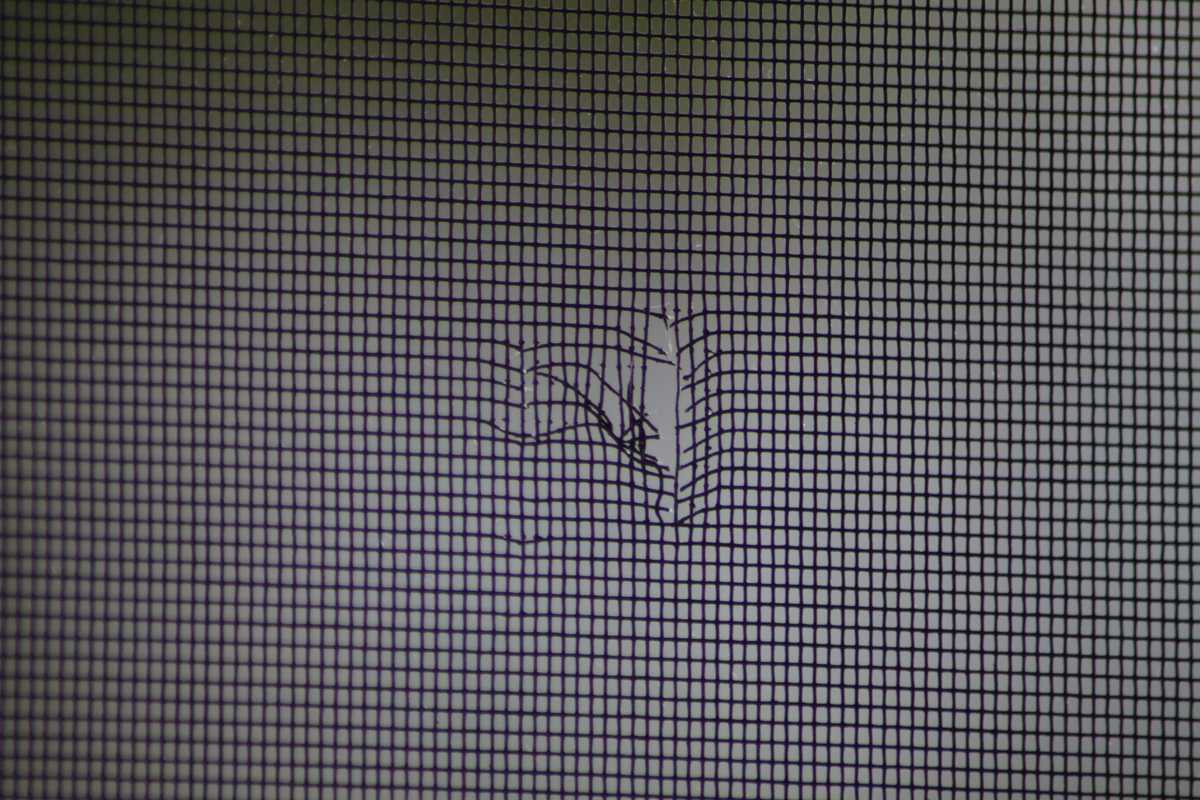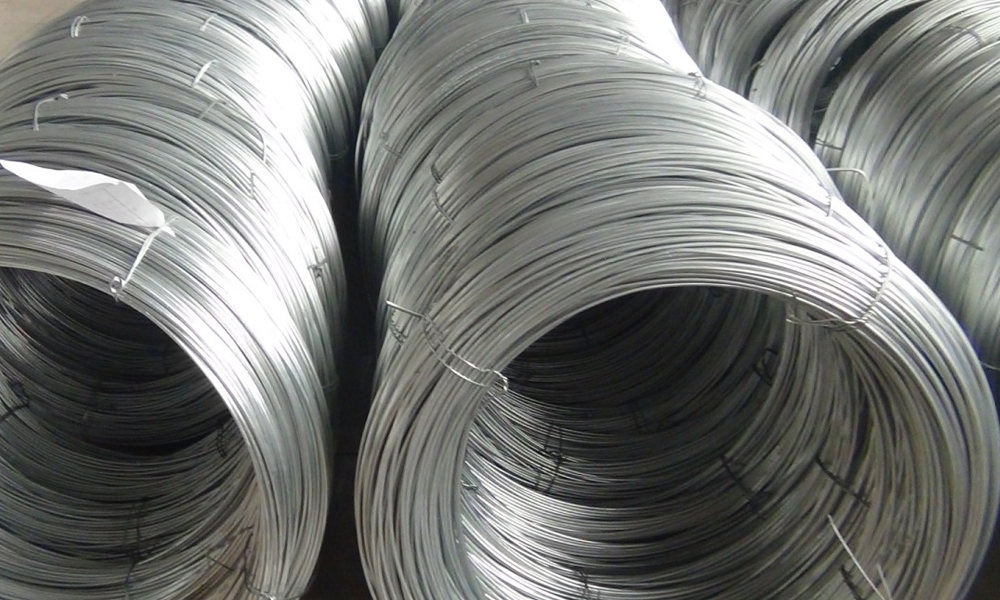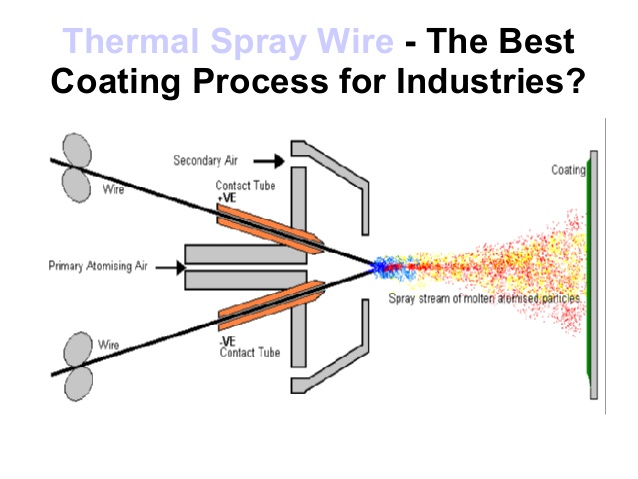Alloys of nickel have been known and used for thousands of years. A large variety of corrosion and heat resistant alloys have several uses where their importance cannot be ignored. Nickel based alloys have several applications ranging from thermocouples to structural units depending on their electrical and mechanical properties and resistance to heat, oxidation and corrosion. The electrical contracting business uses high-performance nickel alloy for multi-purpose. It is because of their excellent property- heat resistance, they are treated in subsequent section.
Nickel-Chromium-Iron alloys develop a large group of materials featured by outstanding heat and corrosion resistance and high strength at moderately high temperatures. The applications of Inconel wire are featured by their resistance to corrosion. Inconel 600 resists corrosion against various inorganic and organic compounds throughout wide range of acidity and alkalinity. Inconel uses wire mesh products to protect from corrosion. Chromium provides resistance to sulfur compounds in the atmosphere or in several other corrosive media, it also offers resistance to oxidizing conditions at high temperatures and to oxidizing conditions in the corrosive solutions. Its chromium concentration makes it superior to pure nickel in oxidizing conditions, while simultaneously its high nickel concentration enables it to retain a significant corrosion resistance in reducing conditions.
Inconel 600 is used in alkaline digesters in paper making, in petroleum refineries and in soap and fatty acids industry and various other applications. It offers outstanding resistance to sulfur dioxide however is attacked by hydrogen sulfide. Inconel 600 is more resistant than stainless steel to lead bromide vapour at 1350oF to 1650oF, it was the most resistant, among all metals evaluated to nitric acid at temperatures up to 1700oF.
Room temperature mechanical properties of Inconel 600 are tensile strengths varying from 80,000 to 100,000 psi for annealed rod and bar to 165,000 to 185,000 psi for spring-temper wire.
Inconel 600 has outstanding properties at subzero temperatures. The strength factors increase significantly without considerable change in ductility factors and toughness. Presence of aluminium and titanium increase Inconel alloy 600 ability to age harden and inclusion of niobium further stiffens the matrix and stabilizes the carbides.
Inconel alloy 625 is a high strength corrosion resistant alloy in which nickel-chromium matrix is solid solution reinforced by inclusions of molybdenum and columbium. Alloy 718 is a nickel-chromium-iron-molybdenum alloy made age hardenable by niobium. It has exceptionally high yield, tensile, creep and rupture strengths at temperatures up to 1300oF, high ductility in the range of 1200oF to 1400oF and sluggish response to age hardening that allows annealing and welding without spontaneous hardening during heating and cooling. It can be pickled in the age hardened condition without intergranular corrosion. Alloy 718 can be annealed up to 1750oF and aged 1325oF.
Incoloy 800 offers good strength and resistance to oxidation and carburization at high temperatures. Its application range includes uses in industrial hating units for furnace components, baskets, trays, muffles, radiant tubes, in petrochemical field for reformer and cracker tubes, in the domestic appliance field as a sheath material for electrical resistance heating elements, and in the food industry for process equipment. Its corrosion resistance has led to its application in diverse effects of corrosive conditions.
Inconel 825 handles a wide range of corrosive solutions, some of unusual severity. Most of applications of alloy 825 are in handling sulfuric acid solutions in different process where other materials have sufficient corrosion resistance.
Applications of Monel wire include almost every industrial field because of its outstanding physical and chemical and strength properties.
Hastelloy alloys are not high strength materials, however most of them have a high degree of room temperature strength at very high temperatures that structural applications at high temperatures are not unusual. Their strengths vary depending on composition and for, however generally tensile strengths of Hastelloy wire is 100,000 psi and yield strengths about 50,000 psi. They are basically used in applications demanding exceptional corrosion resistance. Hastelloy alloys are customizable to fabrication by forming and welding.
Hastelloy alloy B is renowned for its outstanding high resistance to all concentrations of hydrochloric acid at temperatures up to boiling point. It is also resistant to other non-oxidizing acids and salts and has significant high temperature properties in that it remains over 2/3rd of its room temperature strength at 1600oF in oxidizing conditions.









